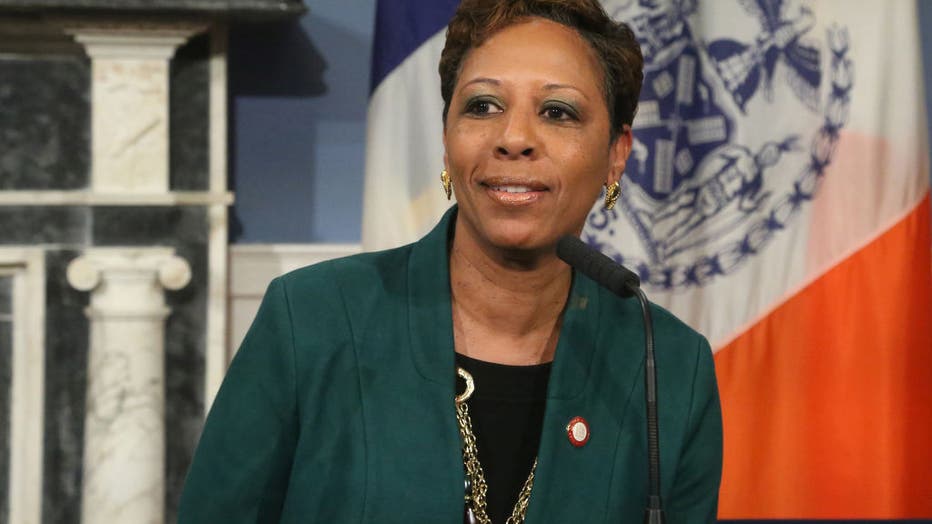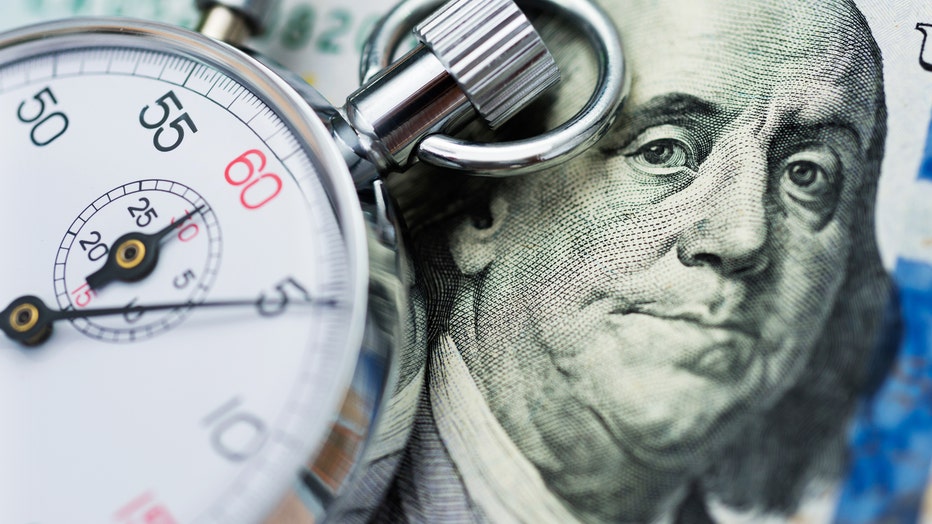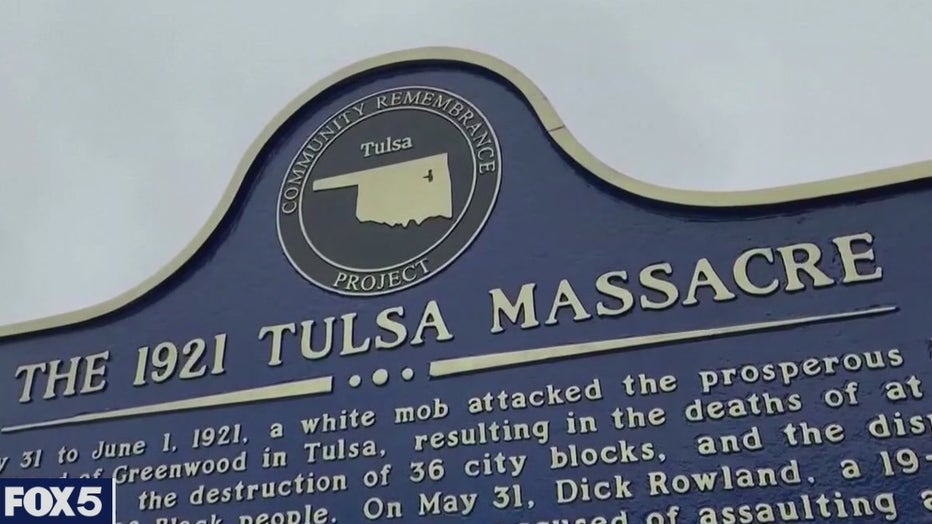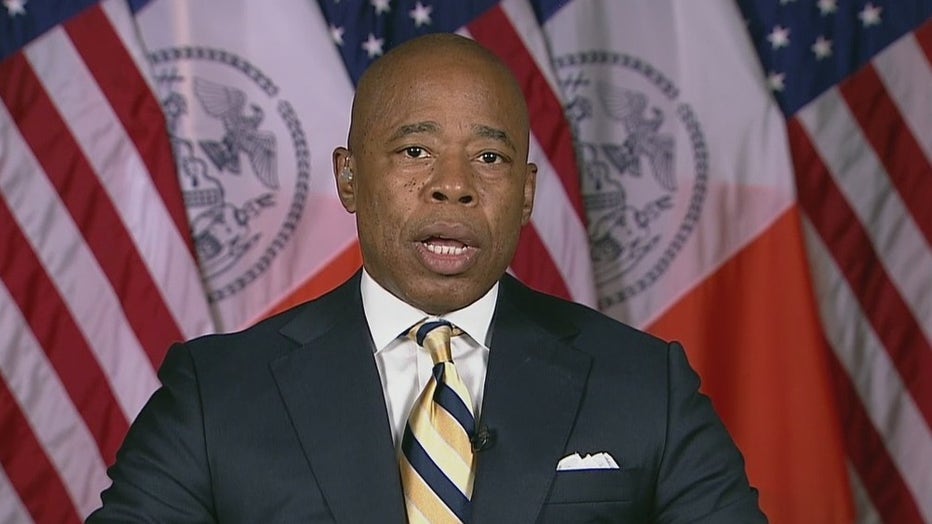NYC reparation payments: City moves to address slavery. Explainer
Bill targets slavery-connected statues
The New York City council is weighing a proposal that would remove statues of people who benefited from slavery. FOX 5 New York's Chris Welch has the latest.
NEW YORK - New York City could soon become the largest city to enact reparations for slavery--a place that lawmakers say had one of the highest rates of slave ownership in the nation.
On Thursday, the city council approved legislation to study the city’s role in slavery in order to consider reparations to descendants of enslaved people.
Jump to: Definition | Roadmap for Justice plan | Payments | Slavery in NYC | Cost | Other reparation cities
If the measure is signed into law, the city would be among the few places actively working towards reparations.
What does reparations mean?

New York City Council Member Adrienne E. Adams at a bill signing ceremony in City Hall on Monday, April 30, 2018. Adams was elected the next speaker of the City Council on Wednesday, Jan. 5, 2022, becoming the first Black woman to ever take on the po
According to Merriam-Webster, reparation is the act of making amends, offering expiation, or giving satisfaction for a wrongdoing.
"The reparations movement is often misunderstood as merely a call for compensation," Council Member Farah Louis, a Democrat who sponsored one of the bills said.
Louis says that systemic forms of oppression are still impacting people through redlining, environmental racism and services in predominantly Black neighborhoods that are underfunded.
What is the 'Roadmap For Justice'?
The bills signed include the following:
Introduction 242-A sponsored by Council Member Crystal Hudson, would require the NYC Commission on Racial Equity (CORE) to establish a Truth, Healing, and Reconciliation process in connection with the City’s historic involvement in slavery and its present-day legacies.
Introduction 279-A, sponsored by Council Member Farah Louis, would require CORE to work with subject-matter experts to study the historical and present-day role of New York City government in perpetrating or perpetuating slavery and related racial injustices, and to consider reparative measures for such injustices.
NYC reparations payments

It would also form a truth and reconciliation process to establish historical facts about slavery in the state.
The city would then install an informational sign on Wall Street in Manhattan to mark the site of New York’s first slave market, which operated from 1711 to 1762.
Then the commission would work with the NYC Commission on Racial Equity to consider the possibility of reparations.
A report from the state panel would then be presented in early 2025.
The city effort wouldn’t need to produce recommendations until 2027.
How much would reparations cost NYC?
A financial impact analysis of the bills estimated that the studies would cost $2.5 million (AP).
What other cities have reparations?

Tulsa, Oklahoma, where a notorious massacre of Black residents took place in 1921, announced a similar commission in August.
In 2021, Evanston, Illinois, became the first U.S. city to offer reparations to Black residents and their descendants, with some receiving $25,000 payments in 2023, according to PBS.
Eligibility was determined based on harm caused by the city’s discriminatory housing policies and practices.
San Francisco approved reparations in February, but the mayor later cut the funds, saying that reparations should instead be carried out by the federal government.
California budgeted $12 million for a reparations program, but it was defeated in the state’s Legislature last month.
History of slavery in NYC
For over 200 years, NYC legally sanctioned the enslavement of African and indigenous American people.
By the early 1700s, it had one of the highest rates of slave ownership nationwide, with 15 to 20 percent of its population enslaved, according to reports.
Wall Street, now a global financial center, once operated as a slave market where African men, women, and children were rented, bought, and sold.
New York eventually abolished slavery in 1827, but reports suggest that businesses, especially banks, continued profiting from the slave trade for decades afterward.
What's next for reparations in NYC?

The bills still needs to be signed by Mayor Adams.
City Hall signaled his support in a statement calling the legislation "another crucial step towards addressing systemic inequities, fostering reconciliation, and creating a more just and equitable future for all New Yorkers."
The Associated Press contributed to this report.

